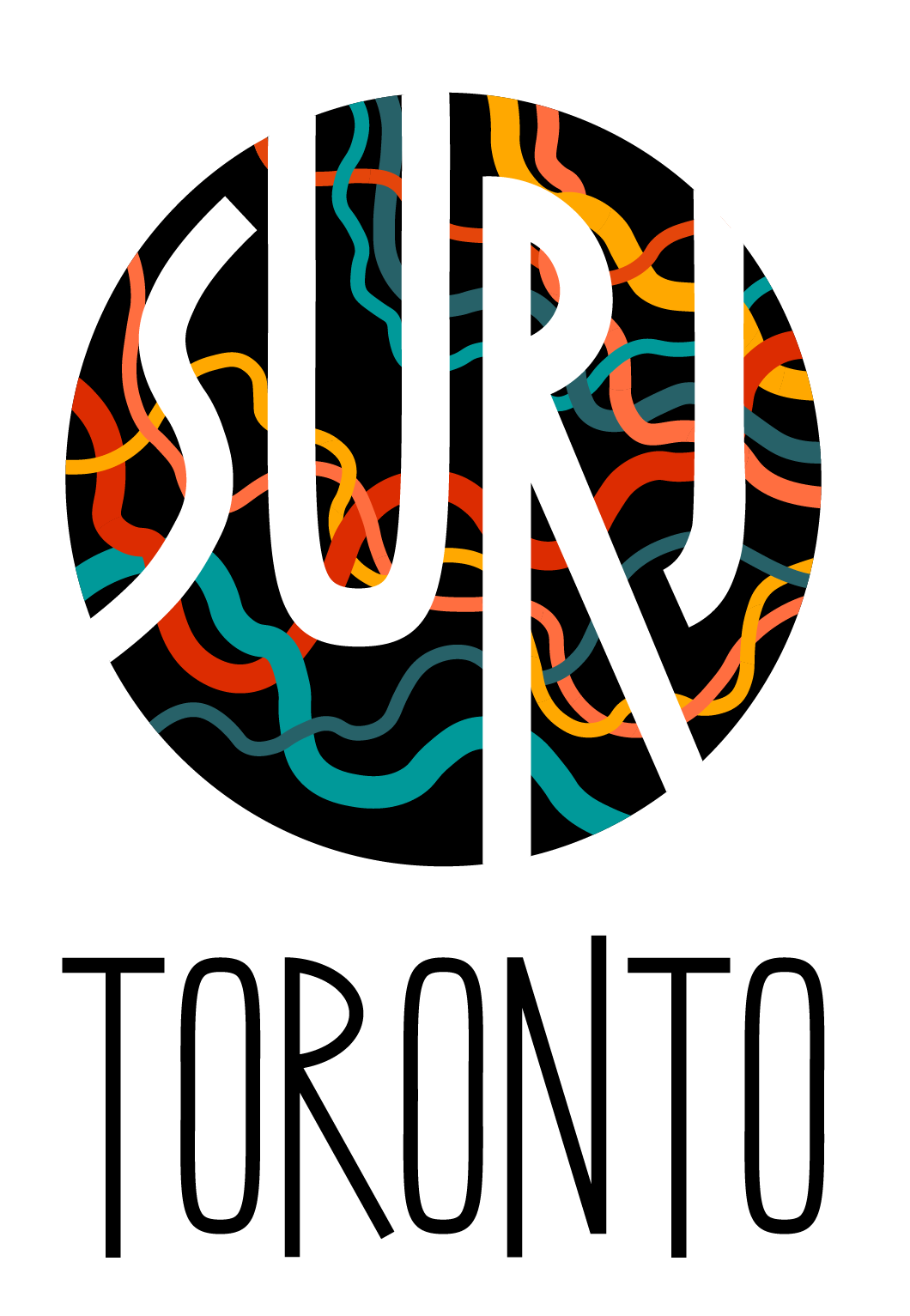Resources
Build your political analysis or start a discussion group with the people in your life.

Education, Analysis
Being informed is an important part of breaking white silence. Learn, develop skills, deepen your political analysis, and move from education to action.
Whiteness refers to the foundation of racial categorization and racism - a social construction of privileges and power given to people who are perceived to be white.
When we refer to white supremacy in the context of racial justice, we are referring to the overarching system of political, legal, economic, and cultural institutions that structure Western society - institutions which privilege and standardize whiteness above all else.
Due to the fact that white people are often shielded from race-based stress, 'white fragility' refers to the intense reaction that oftentimes occurs when racism or white supremacy are brought up as factors to white people.
White people don’t have to represent all white people, and nothing that white people do is judged as a credit to the entire racial group or as confirmation of its shortcomings or inferiority.
The model minority myth refers to the idea that systemic racism does not exist, or that it no longer exists due to examples of racialized people who are 'doing fine'.
Acknowledging that as white people we live on stolen Indigenous land is critical, but this work must go beyond simple recognition and towards Indigenous sovereignty over land and individual nations. Further, work must be done to give back the land.
Abolition & Defunding the Police
Here we have put together a series of resources, templates, and graphics to assist you in demanding that Toronto defund police by 50%.
The institutions of policing and prison are inherently racist because the historical origins of these institutions are tied in with the enslavement of people of African descent and Indigenous people.
Compassionate tools for addressing questions and concerns around the call for police defunding and abolition.
Your stance against policing is an important one. Unfortunately, it can make you a target for harassment, intimidation, and possibly vandalization. We would like to share a few tips with you to help you keep safe and handle conflicts that may arise.
This document is a tool to help you to talk to unions, businesses and organizations in your community to demand that the 2021 City budget: defund the Toronto Police Service (TPS) by at least 50%, and immediately redirect those funds to community public services.
When starting a conversation, it’s important to find points of common ground to start from. For example, something that is shared across different individuals and groups: we all want to be safe in our communities and have our needs meet.
Your voice, story, and personal pitch help Council to know better. We are asking Toronto City Council to do better with our taxes, meet urgent needs in communities and create positive change to address systemic and institutional racism.
The resource list below is intended to help support you in having conversations with your friends, family, and community about Defunding the Police. This list is by no means exhaustive!
Many structures, policies and practices of the Canadian state have long driven multiple forms of family separation, particularly for Indigenous, Black, migrant, and racialized families. Take action and call for justice for ALL families.
This zine was created by youth in attendance at an event in support of Grassy Narrows. At the event, they learned about the ongoing mercury poisoning, government failures to provide proper cleaning, treatment or compensation, and the impact of this on the community there.
SURJ Toronto held a facilitated arts workshop for kids and youth where we asked them to imagine a world without police. We were blown away by the brilliant work they came up with. Check out the zine.
School-based fundraising is a social justice issue. Read our step-by-step guide to taking action against structural inequity in the public school system.
Easy ways to support the organizing work of Black, Indigenous, and racialized people, and help make your schools and communities more open and inclusive spaces for all kids and families. Although these are an archive of tip sheets created in the late 2010s, many of the actions are still relevant today.
Kids & Families
These resources support organizing and mobilizing families, parents, caregivers, youth, and others who are invested in children- and family-centred community building.
